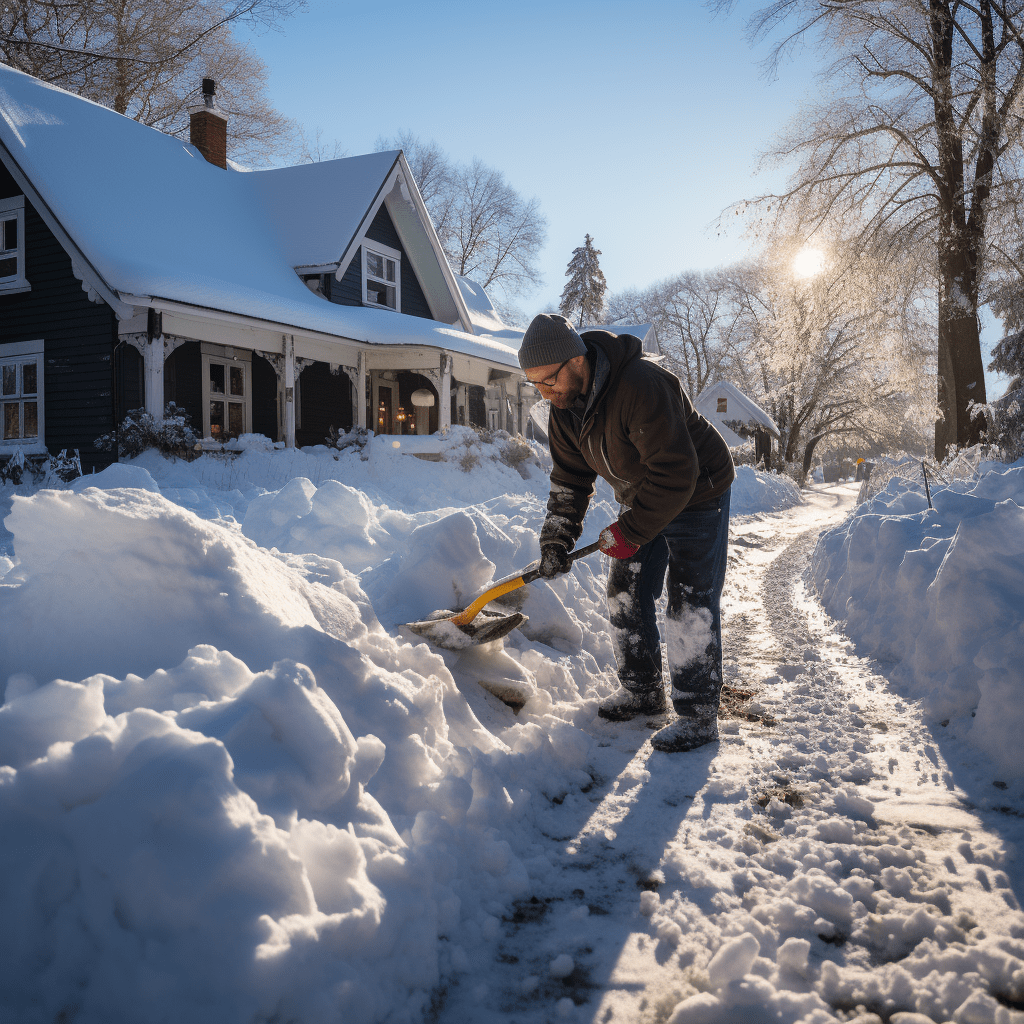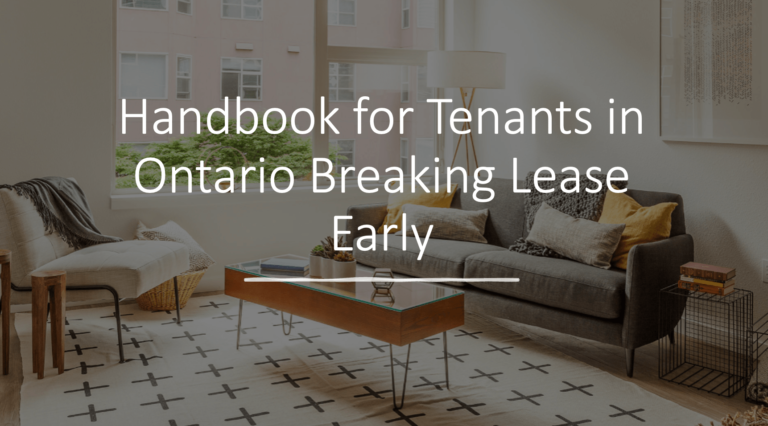Are Landlords Responsible for Snow Removal? A State-By-State Guide

As winter approaches, one concern that arises for both tenants and landlords is snow removal. Who shovels snow from the walkways, driveways, and common areas? The answer can vary based on state laws, the terms in the lease agreement, and other factors.
Federal Laws and Guidelines
There is no federal law that explicitly requires landlords to remove snow from rental properties. However, the Americans with Disabilities Act (ADA) states that public and common-use areas must be accessible to people with disabilities. Failure to remove snow may make the property inaccessible, exposing landlords to potential ADA violations. More information on ADA compliance can be found here.
State Regulations and Local Ordinances
New York
In New York, landlords are not obligated to remove snow and ice. However, New York City requires property owners to clear sidewalks within a specific time after the snowfall ends. Failure to do so could result in fines. For more, see NYC’s Snow Removal Rules.
Massachusetts
Massachusetts law states landlords must remove snow and ice from common areas, including sidewalks and driveways. Negligence can lead to slip-and-fall lawsuits. Read more here.
Illinois
In Illinois, the Snow and Ice Removal Act protects property owners from liability for accidents occurring due to natural snow and ice accumulation. However, local ordinances in cities like Chicago require property owners to remove snow from sidewalks within specific timelines. Read the Snow and Ice Removal Act for more details.
California
California generally has milder winters, but areas like Lake Tahoe do experience snow. Property maintenance laws are typically dictated by local jurisdictions, but landlords are generally responsible for keeping the property safe and habitable, which could include snow removal in specific cases.
Minnesota
In Minnesota, state law doesn’t specifically address snow removal. However, local ordinances often do. For example, in Minneapolis, property owners have 24 hours after a snowfall to clear sidewalks. Failure to comply can result in a fine. Read more about Minneapolis’s policy here.
Lease Agreements
Regardless of state laws, it’s crucial to spell out snow removal responsibilities in the lease agreement. If the lease states that the tenant is responsible for snow removal, then the tenant should adhere to this agreement to avoid lease violations. Landlords should also consider adding clauses to cover potential liability and timelines for snow removal.
Liability and Insurance
Regardless of who is responsible for snow removal, landlords and tenants should have appropriate insurance coverage. Landlords, in particular, should invest in liability insurance to protect against potential lawsuits from injuries due to snow or ice.
Conclusion
The responsibility for snow removal can vary greatly depending on your state and local laws, as well as the terms in your lease agreement. Both landlords and tenants should take the time to understand these laws and stipulate responsibilities clearly in the lease to avoid any future misunderstandings or liabilities.
Failing to remove snow from driveways and common areas can lead to legal consequences for landlords, including fines and potential lawsuits from slip-and-fall incidents. Some local ordinances impose daily fines for non-compliance. Moreover, neglecting snow removal may violate lease agreements, giving tenants grounds for legal action. Such negligence can also harm a landlord’s reputation, affecting future tenant relationships.
References
- Americans with Disabilities Act
- New York City’s Snow Removal Rules
- Massachusetts Law About Snow and Ice
- Illinois Snow and Ice Removal Act
- Minneapolis Snow and Ice Removal Policy
Remember, when in doubt, consult your lease agreement and local ordinances to determine your responsibilities for snow removal.
Are landlords responsible for pest control in California? Learn by reading our article below:

Written by Anastasia Gaido
Anastasia Gaido, an esteemed figure in the Barrie, Ontario real estate market, boasts an impressive 14-year career. She’s a master at her craft, specializing in residential properties, and has consistently achieved record-breaking sales. Her stellar performance has won her numerous awards, including multiple recognitions for selling the most houses in Barrie. Anastasia’s deep market knowledge, unmatched dedication, and exceptional negotiation skills have made her a preferred choice for clients, solidifying her reputation as a real estate powerhouse.






